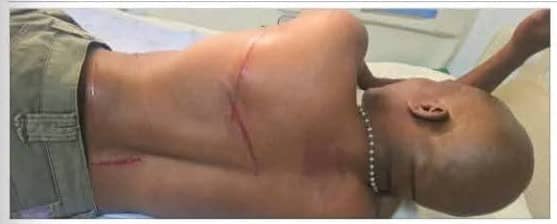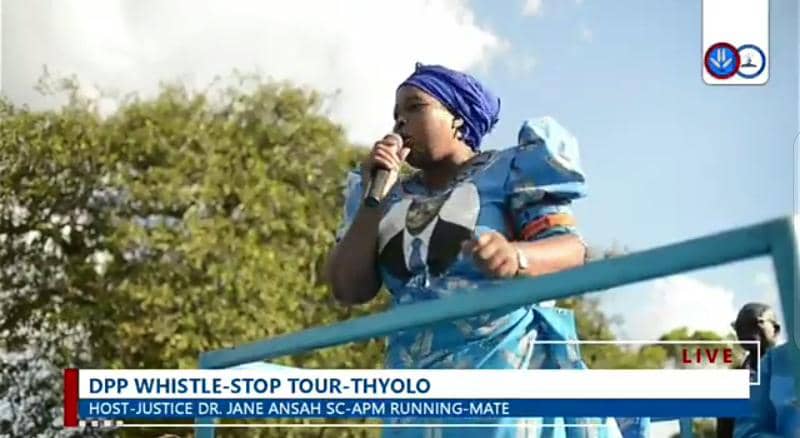By Burnett Munthali
The recent brutal assault of Centre for Democracy and Economic Development Initiatives (CDEDI) Executive Director, Sylvester Namiwa, in full view of law enforcement personnel has shaken the conscience of the nation.
The attack, carried out during an anti-Smartmatic demonstration, has not only left physical scars on Namiwa but has also raised deeper questions about justice, the rule of law, and the role of Malawi’s legal system in upholding human rights.
With glaring inaction from both the Malawi Police Service and the Malawi Defence Force—who were present at the scene—the case now demands serious legal scrutiny and bold litigation.
Human rights lawyers in the country have an opportunity, and indeed an obligation, to push this case into the legal arena.
The first route available to Namiwa is to initiate civil litigation for damages against the perpetrators, once identified, and against the Malawi government for negligence and dereliction of duty.
Section 46 of the Constitution of Malawi provides that anyone whose rights have been violated has the right to seek legal redress, including compensation from the State.
Furthermore, Section 15 of the same Constitution mandates that the State must respect and uphold the rights of every individual, implying that law enforcement agencies have a legal duty to protect—not to stand aside during acts of violence.
The silence and passivity of the State actors during this attack may amount to complicity, or at the very least, a serious breach of constitutional duty.
Legal experts and civil society groups can also explore the potential for public interest litigation, given the broader implications of this case on civic space and human rights in Malawi.
Such a move would not just be about Namiwa—it would send a strong message that no one is above the law, and that the courts remain a refuge for the oppressed when politics and policing fail.
In addition, the case can be escalated to regional and international human rights bodies, including the African Commission on Human and Peoples’ Rights, if local remedies prove ineffective or are unduly delayed.
International pressure has historically played a role in shifting the dial on justice in many African nations, especially when domestic institutions appear compromised or politicized.
Organizations like Amnesty International and Human Rights Watch can be instrumental in spotlighting this case, potentially compelling the government to act.
There is also room for a strategic alliance between legal practitioners, civil society actors, and media institutions to document, litigate, and amplify this case across multiple platforms.
If pursued courageously and consistently, Namiwa’s case could mark a turning point in how Malawi deals with politically motivated violence.
It could become a landmark in establishing accountability not just for attackers, but for uniformed officers who fail to intervene when violence unfolds before them.
Justice in this matter is not only about legal victory—it is about restoring public trust in institutions meant to protect citizens and uphold democratic freedoms.
The courts, if approached wisely and decisively, have the power to affirm that no Malawian—activist or otherwise—should be silenced or beaten for expressing dissent.
Let Namiwa’s case not be just another headline.
Let it be the beginning of a new chapter in Malawi’s human rights jurisprudence.




